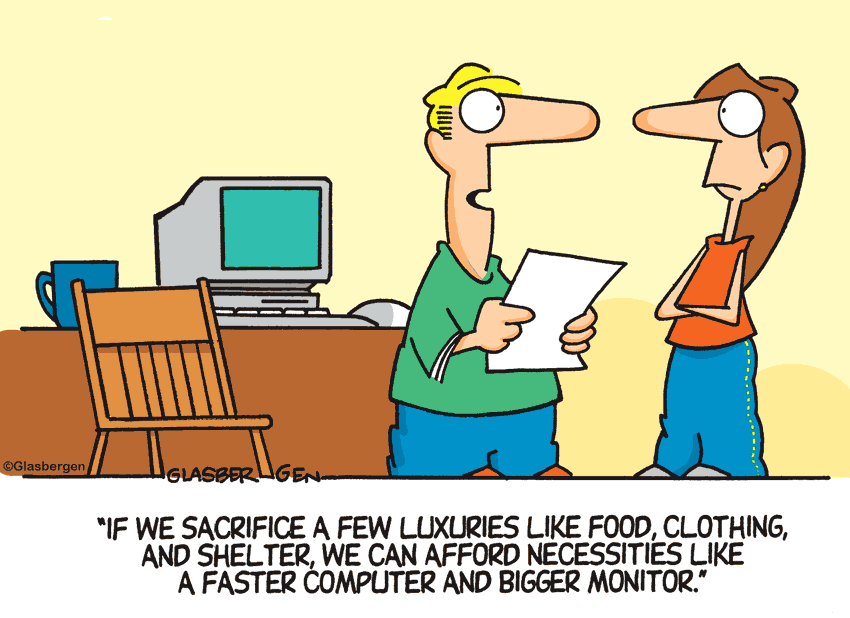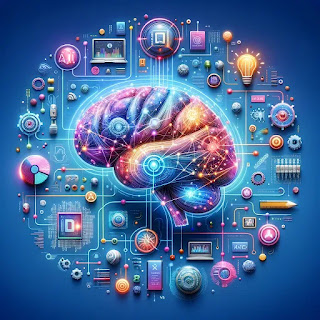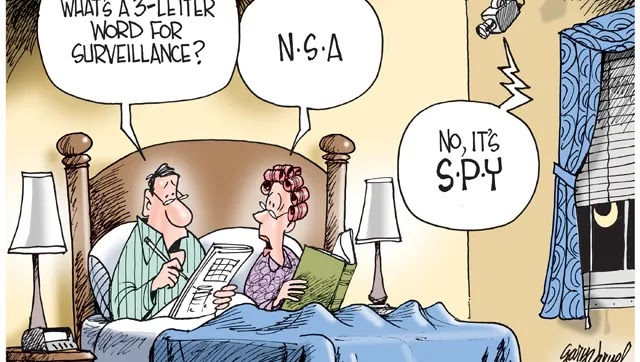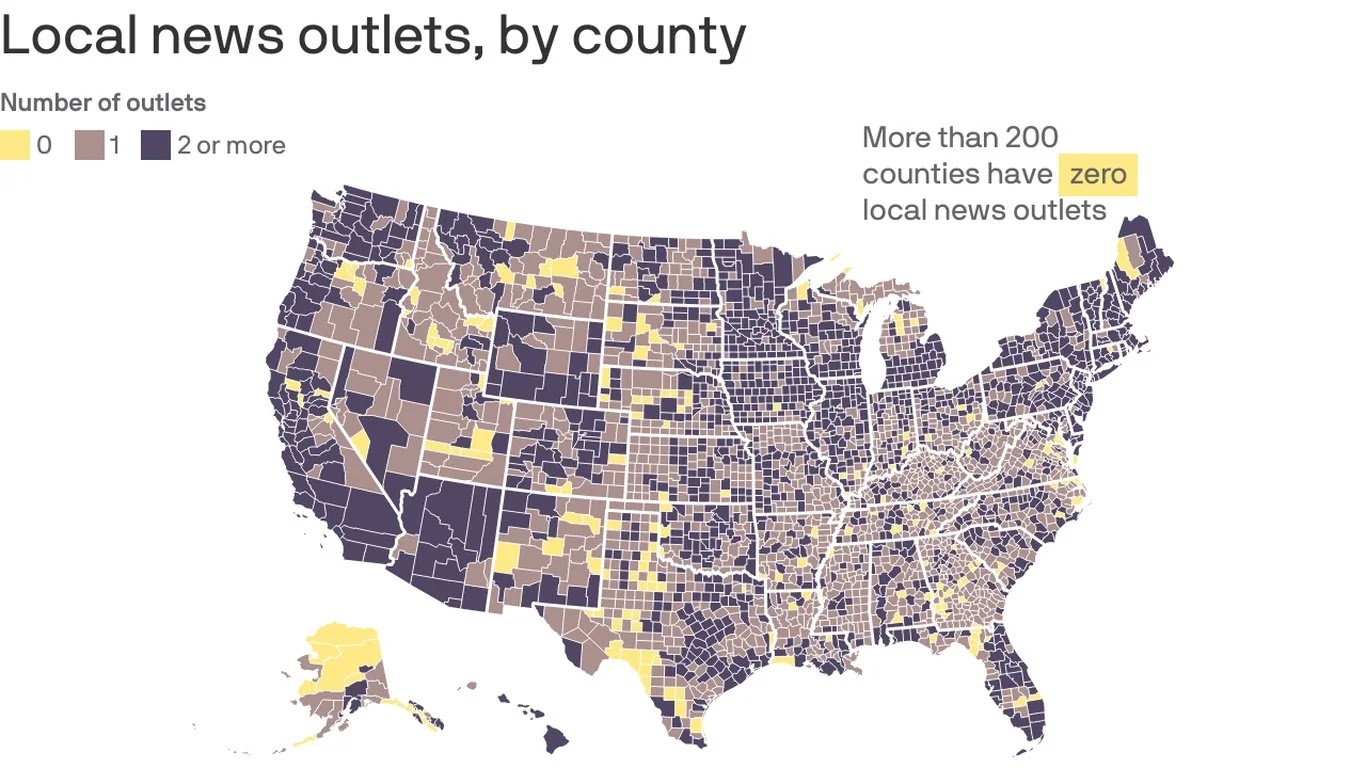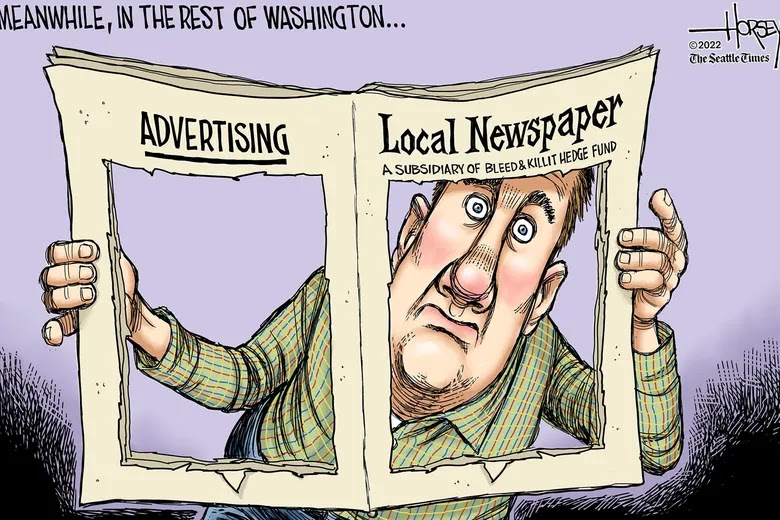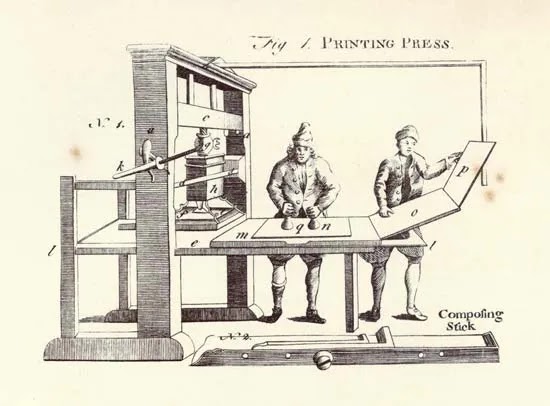After learning about the Five Eyes Alliance, it is both impressive and unsettling. Learning about the network, which allows the U.S., U.K., Canada, Australia, and New Zealand to monitor all digital footprints, seems unreal. While its origins in World War II and its successes, like preventing the 2010 cargo plane bomb plot, highlight its importance in global security, the ethical and societal implications are hard to ignore.
The Five Eyes Alliance showcases extraordinary international cooperation. Sharing intelligence and developing technologies like ECHELON has saved lives and enhanced digital security, protecting users from threats such ransomware attacks and data breaches. These achievements highlight its value.
On the other hand, the same tools designed to protect us also invade our privacy. Edward Snowden’s revelations about programs like PRISM exposed how governments collect data without user consent. This means the government can tap your phone whenever they deem necessary. When does security become unnecessary intrusion? This lack of transparency with the public raises concerns about government overreach.
Societal Impacts
Surveillance practices, majority of the time, target minority communities, exhibiting discrimination under the disguise of national security. For instance, the unjust monitoring of prominent Muslim leaders, post 9/11, undermines trust in these systems.
Generational differences also influence perspectives. While older generations may accept surveillance as a sacrifice for safety, younger, more tech reliant, generations prioritize privacy and wonder whether or not the government is overreaching. The constant tracking in digital spaces feels more like a violation than protection.
My Thoughts
I always knew that the government had the ability to access our personal information, but what i learned was that it was not just the United States that did this. I had no idea that the U.S. was apart of an alliance that tracks digital footprints all around the world. This alliance highlights how world leaders are attempting to stay on top of virtual threats. I also didn't know that so many people were unaware of the governments access to their devices, I thought that was a known thing, but I guess that just goes to show my age a little bit.
Conclusion
Although the Five Eyes Alliance is a great example of international cooperation, its power needs responsibility. As we figure out the digital era, ensuring that intelligence-sharing aligns with individuals privacy is crucial. By addressing these concerns, we can work towards security without sacrificing fundamental freedoms.






